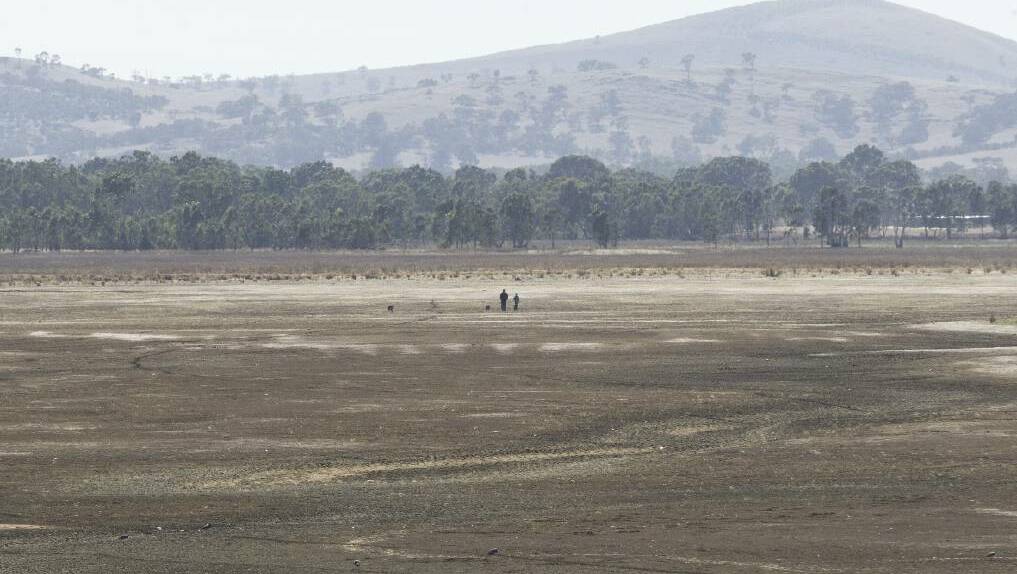
ARARAT and Stawell’s near record-low rain levels last month can be blamed on man-made climate change, according to Friends of the Earth.
Subscribe now for unlimited access.
$0/
(min cost $0)
or signup to continue reading
Research fellow from the CSIRO and University of Melbourne says that climate change might have contributed to dry June conditions in Ararat and Stawell.
Bureau of Meteorology data released last week showed Ararat experienced its third driest June on record, with Stawell and much of the state seeing 'very much below average' rainfall.
CSIRO and University of Melbourne research fellow Dr Penny Whetton said the region’s conditions fit with predicted weather patterns.
"Drier winters in Victoria, such as what Ararat and Stawell experienced in June, are inline with the projected impacts of climate change," she said.
Dr Whetton was a lead author of the Intergovernmental Panel on Climate Change's Third Assessment Report and the Fourth Assessment Report which was awarded the Nobel Peace Prize.
"The trend is towards drier winters. And we can expect to see more of them without efforts to rein in greenhouse gas emissions,” she said.
"Many farmers will have a tougher time in drier conditions resulting from climate change."
Last month, Bureau of Meteorology climatologist Blair Trewin said June had been the driest month in the region since the 1970s.
“We had an unusually high and southward positioned sub-tropical high-pressure belt right over southern Australia, so it was a really dry month right across from southern WA to Victoria,” he said.
Friends of the Earth Act on Climate coordinator Leigh Ewbank said communities in the Ararat and Northern Grampians regions are on the front line of climate change.
"Climate change is changing the seasons," he said.
"For some communities this means increased water scarcity and drought, and others it means heightened risk of heatwave and bushfire.
"What unites all regional communities is the urgent need for governments to invest in climate change solutions."
Mr Ewbank said government support for the Nectar Farms hydroponic project with a wind farm and battery storage near Stawell, would deliver good outcomes for regional economies.
"State government support for the Nectar Farms shows that climate solutions bring jobs and investment to regional communities,” he said.
The federal government is still debating its energy policy, with climate committee chair Craig Kelly claiming renewable energy would make electricity too expensive and lead to cold-related deaths.


